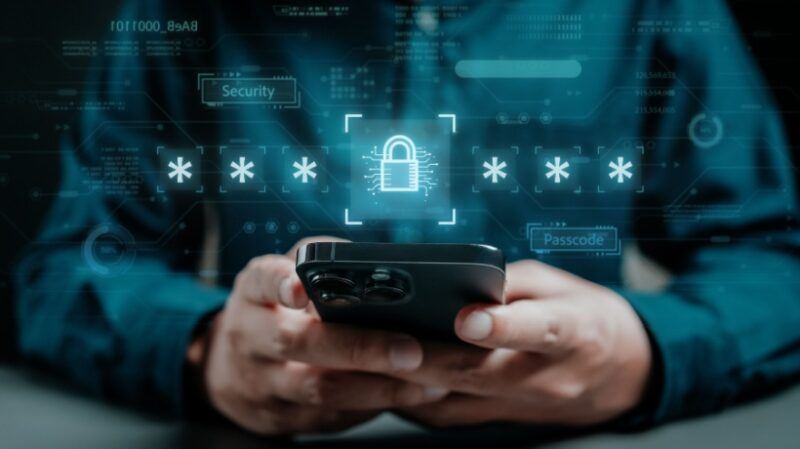
How to Safeguard Your Work Phone from Cyber Threats
In today’s fast-paced world, where remote work and travel are commonplace, using mobile devices for professional tasks is becoming standard practice. Many organizations equip their employees with smartphones to enhance communication and productivity. However, accessing company data via mobile devices raises significant security concerns. In this article, we will outline six essential tips to protect your smartphone and keep vital information safe from cybercriminals.
Why is Mobile Security Crucial for Employees?
Using your mobile phone for work tasks offers immense convenience, such as checking emails on the go or sending crucial documents without opening your laptop. However, this convenience comes with risks, including data theft and security breaches, which can harm your organization’s reputation, finances, and client relationships. A simple misstep, such as clicking a link in a phishing email, can give cybercriminals access to sensitive company information. Therefore, it’s imperative that organizations educate their employees on fundamental mobile security practices to protect against these threats.
6 Essential Tips for Ensuring Mobile Security
1. Create Strong Passwords
The foundation of mobile security is controlling access to your device. Always opt for strong passwords or PINs (avoid obvious choices like “1234”). Biometric options, such as fingerprint or facial recognition, add an extra layer of security. Ensure important apps, such as banking and work-related ones, require authentication. Avoid using the “Remember Me” option for sensitive accounts, and regularly update your passwords to maintain security.
2. Use a Virtual Private Network (VPN)
A Virtual Private Network (VPN) is crucial for safe internet browsing, especially when using public Wi-Fi. A VPN creates a secure connection between your device and the internet, encrypting your data and protecting it from hackers. This is particularly important when accessing sites that may not have secure connections. While there are many affordable VPN options available, the level of protection they provide is invaluable.
3. Exercise Caution with Public Wi-Fi
While the allure of free Wi-Fi at cafes or hotels is tempting, these networks often lack proper security. Using unsecured public Wi-Fi puts your sensitive information at risk, making it easy for hackers to access your data. Whenever possible, prefer your mobile network over public Wi-Fi. If you’re short on data, ensure you have a VPN installed and only connect to password-protected networks.
4. Keep Your Device Updated
Technology companies continually release security updates to address vulnerabilities. Regularly updating your mobile operating system and apps ensures that your device is equipped with the latest security features. Enable automatic updates so you never miss these vital patches and always stay protected against evolving threats.
5. Prepare for Unforeseen Events
No matter how vigilant you are, it’s wise to prepare for the possibility of losing your device. Back up your data, including important documents and photos, so you can easily restore them if your phone is lost or stolen. Activate tracking features to locate your device or options to lock or wipe data remotely, keeping your sensitive information secure.
6. Stay Alert and Informed
Implementing security measures is essential, but staying vigilant is equally important. While you don’t need to be overly cautious, maintain awareness of suspicious emails, pop-up ads, and dubious links. By remaining informed and cautious, you can enjoy the benefits of mobile technology without compromising your security.
Fostering Secure Mobile Practices for Remote Teams
The rise of remote work complicates the monitoring of mobile security practices. To protect your organization, cultivate a culture of mobile security awareness among your employees. Provide resources about potential threats and organize training sessions on online safety. Consider deploying a Mobile Device Management (MDM) tool to ensure compliance with security protocols across all employee devices.
Conclusion
As remote work becomes the norm, mobile security has never been more critical. Without proper knowledge and practices, employees expose themselves and their companies to serious risks. By following these essential tips for safeguarding mobile devices, organizations can significantly mitigate potential cyber threats and protect valuable data.



